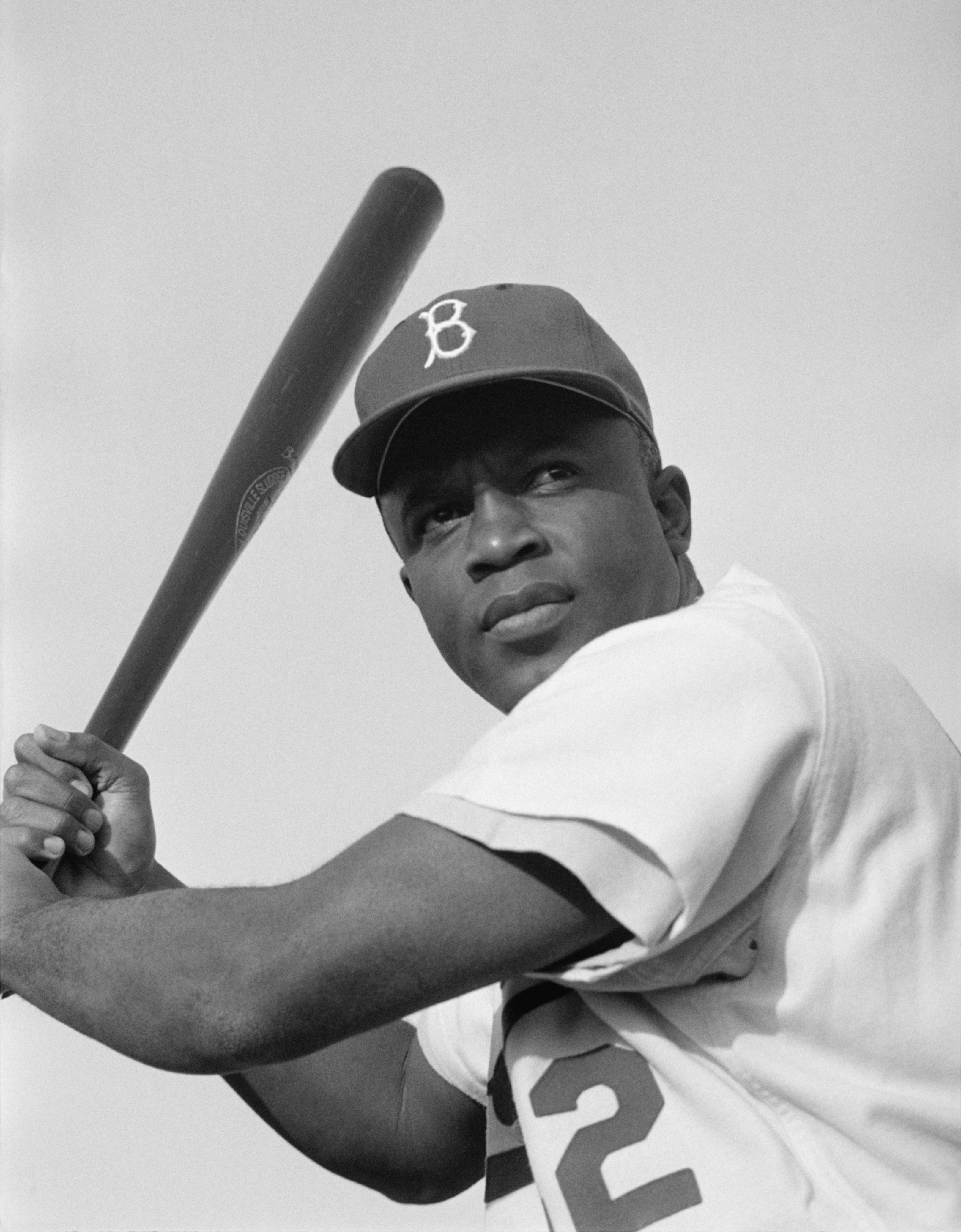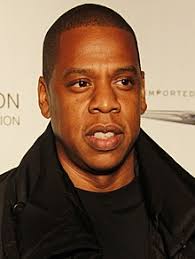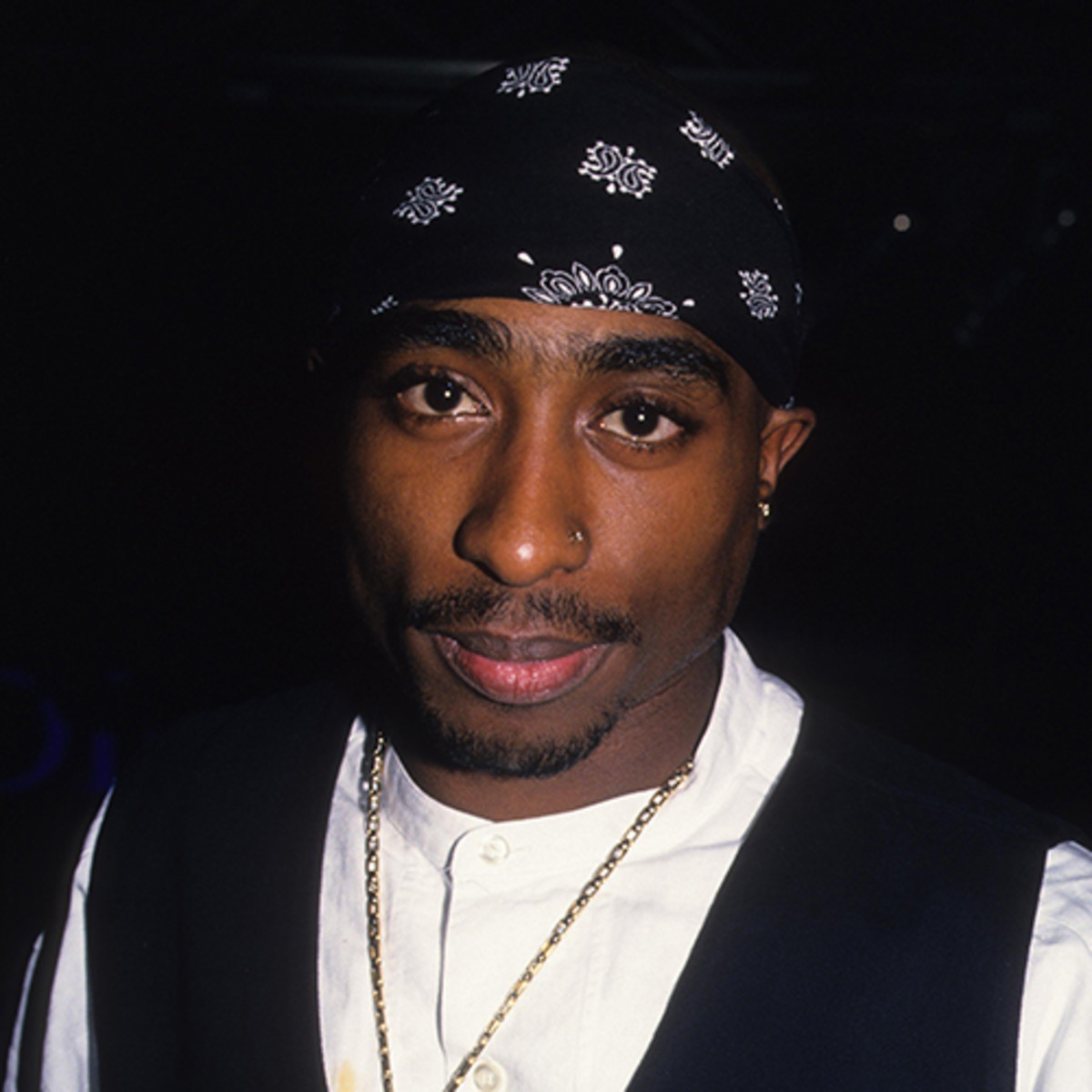ATHLETICS
Mohammad Ali

The Greatest of all time
Muhammad Ali brought extraordinary speed and grace to his sport, while his charm and wit changed what the public expected of a boxer. His accomplishments in the ring are the stuff of legends. Muhammad Ali was never one to back down from a fight. Inside the ring, his sheer toughness awed his opponents and, outside it, his determined eloquence provided moral leadership to many. He stood against the Vietnam War long before that was a popular stance, spoke out repeatedly against racism and later campaigned against Islamophobia in the US following the 9/11 attacks. For three years when he was in his sporting prime, Ali was banned from boxing by the US authorities after he refused to be inducted into the US Army because of his opposition to the Vietnam War.It was a punishment Ali was willing to take, saying in response to a five-year prison sentence, which he successfully appealed, for refusing to fight: “So what? We [black people] have been in jail for 400 years.”At age 18, the young Cassius Clay – as he was named at birth – got his first taste of how little his victories in the ring mattered in segregated America.
Jackie Robinson

“A life is not important except in the impact it has on other lives,” Jackie Robinson once said.
The impact Robinson made on Major League Baseball is one that will be forever remembered. On April 15 each season, every team in the majors celebrates Jackie Robinson Day in honor of when he truly broke the color barrier in baseball, becoming the first African-American player in the 20th century to take the field in the big leagues. He opened the door for many others and will forever be appreciated for his contribution to the game.
Robinson stood up for equal rights even before he did so in baseball. He was arrested and court-martialed during training in the Army for refusing to move to the back of a segregated bus. He was eventually acquitted of the charges and received an honorable discharge. He then started his professional baseball career.
The second baseman played for the Kansas City Monarchs as a part of the Negro Leagues until Brooklyn Dodgers general manager Branch Rickey decided he wanted to integrate baseball. Rickey wanted Robinson not only for his talent and style of play, but also because of his demeanor. He knew he was sending him down a tough road and thought Robinson was the man to handle it without fighting back. Robinson endured teammates and crowds who opposed his presence, and threats to himself and his family, with honor and grace. Robinson joined the Montreal Royals, the Dodgers top farm team, in 1946 and led the International League with a .349 average and 40 stolen bases. He earned a promotion to the Dodgers and made his major league debut on April 15, 1947.
ENTERTAINMENT
Jay Z

Jay Z legitamitely has the GOAT legacy. Bar none. He will be seen as the face of rap music even more so than he is now when he dies.He has been consistently making music for over 20 years now, with 15 studio albums, and 12 of them being #1 albums. He literally has more #1 albums than any other solo artist in all music, of all time!.Forget rap, in ALL of music he is one of the best selling artist with over 50 million albums sold and 100 million records sold.
One percent rap has been jigga’s calling card since Life & Times, Vol. 1, but that’s just because we collectively let Hov down when Reasonable Doubtdropped. In truth, Jay-Z’s been political for a minute, dropping jewel after jewel on how to deal with somnambulist record execs, street hawks, and a system set to destroy him — and us. No one seems to know how to move in a room full of vultures quite like Jay, even when armchair quarterbacks are shouting from the rooftops that he is the vulture. That ability to potentially hijack a cultural moment with his celebrity is why he has approached his activism from the background. And why it comes as no surprise that he ardently supports the Black Lives Matter movement, created by Alicia Garza, Opal Tometi and Patrisse Cullors.
Tupac Shakur

Twenty years ago, as Tupac Shakur lay bleeding to death in the arms of Chris Carroll, a Las Vegas Metropolitan police officer, Carroll pressed him for information on who he thought shot him. At first, the legendary rapper ignored the questions, fighting just to keep breathing. “And then I saw in his face … all of a sudden in the snap of a finger, he changed,” Carroll told Vegas Seven 18 years later. “And he went from struggling to speak, being noncooperative, to an ‘I’m at peace’ type of thing. Just like that … And that’s when I looked at him and said one more time, ‘Who shot you?’… I thought I was actually going to get some cooperation. And then the words came out: ‘Fuck you.’". Throughout his short life, Tupac embodied the ethic of his last words. As a Black man born in East Harlem and raised in the “thug life” in Baltimore and Oakland, Tupac was in a continuous struggle with the criminal legal system—a struggle he embraced. For Tupac, “Fuck the police” was not simply a track that bumped or the callousness of a rebellious gangster, it was the politic of his revolutionary spirit.
Tupac’s five studio albums are filled with references to police brutality, mass incarceration, and injustice. In a world where the police present a consistent threat to Black people, Tupac made the case that to not resist was to invite death. “Drop them or let them drop you?” he asks on “Soulja’s Story,” a record from his second release, 2pacalypse Now. “I choose droppin' the cop!” he answers. 2pacalypse Now included another, more well-known song about the police, “Trapped.” On it, Tupac rhymes:“They got me trapped | Can barely walk the city streets | Without a cop harrassing me, searching me | Then asking my identity | Hands up, throw me up against the wall | Didn't do a thing at all | I'm telling you one day these suckers gotta fall…”.
Many today rightly regard Tupac as a musical visionary and a leader within the counterculture of the 20th century. However, to remember the rapper without acknowledging his bold and occasionally violent response to police brutality is to miss a significant aspect of Tupac’s legacy and contribution. Through his personal example and music confronting America’s criminal legal system, the rapper may not have ended state violence against black Americans, but there's reason to believe he sparked minds within a radical generation that could.